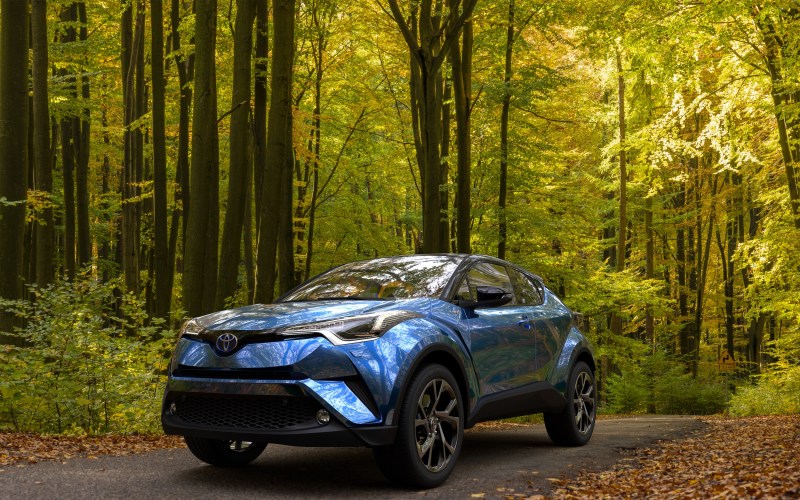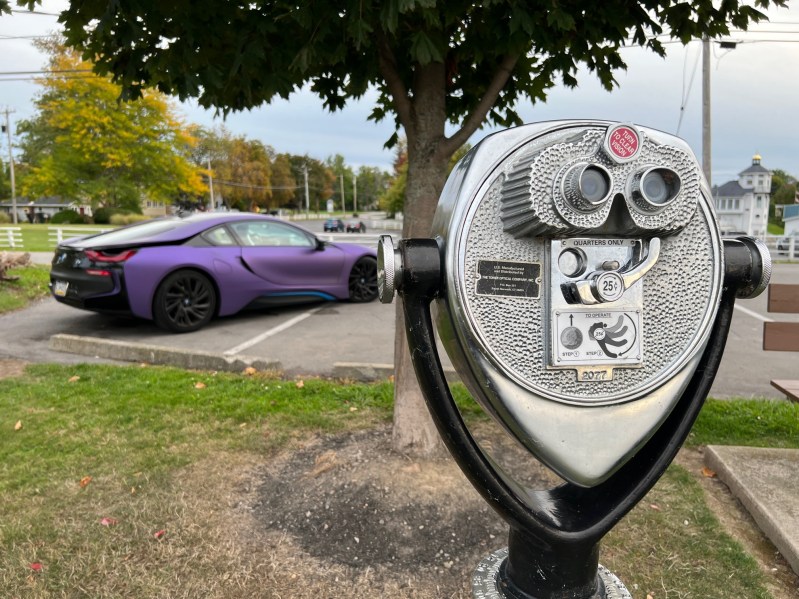
It’s not breaking news that EVs have been all the rage over the last decade. Elon Musk and Tesla dominate news wires, while companies like Kia and Hyundai are tripping over themselves trying to get newer and better electric options to showroom floors. Beyond that, we’ve seen plenty of reports that the electric revolution is better for our health, as well as the planet, and is an inevitable change we simply have to learn to embrace… or is it? But, with EV sales beginning to stagnate at the end of 2023, suddenly, we are seeing something many didn’t expect, and according to Akio Toyoda, chairman of Toyota, consumers are “finally seeing reality.”

Toyota’s chairman believes EVs will only ever have a 30% market share
At first, Mr. Toyoda’s opinion feels ludicrous given the tidal wave of marketing we’ve been inundated with over the last year or so, boasting about all the positives EVs will bring to our lives. However, the stalled sales growth of EVs in the U.S. and other countries around the world have highlighted some of the major concerns that have deterred potential owners.
Despite the improved $7,500 government subsidy for new cars, prices of EVs are still higher than their equivalent fossil-fueled counterparts. The sporadic charging infrastructure, although improving, satirically adds fuel to the fire of range anxiety. That, combined with the notion of having to spend exponentially longer at one of those charging stations (presuming you can find one or don’t have one at home) than the few minutes needed for a routine gas station stop, make for a compelling case to think twice before going full electric.
CEO Toyoda went on to say, “No matter how much progress (battery) EVs make, I think they will still only have a 30 percent market share.” His follow-up thought is that the majority of the market will consist of hydrogen-powered cars and hybrid EVs.

Maybe hybrids are the answer, for now
Having driven a BMW i8 hybrid for more than 1,500 miles round trip from NJ to Niagara Falls and back, we can affirm that there is confidence in having the best of both worlds. Having the luxury of hybrid power and the extensive fuel economy it brings makes long-distance travel feel easy on the wallet and good for the environment. But, when the temps dropped and, with it, the battery’s willingness to operate optimally, it was reassuring to know that there was a traditional gas engine to keep us going. Beyond that, being able to recharge the battery internally, via the engine itself, or through regenerative braking, removed all ideas of range anxiety, even in the remotest parts of upstate New York.
So, while the statements from Toyota’s CEO may seem outlandish and/or obstinately conservative, sales numbers tell us that many people are thinking along the same lines. Weirdly and ironically, the topic of EVs has become a very charged issue, with more and more people taking hard-lined stances for or against these vehicles. But, as with most things, perhaps the answer, at least for now, lies somewhere in the middle.



